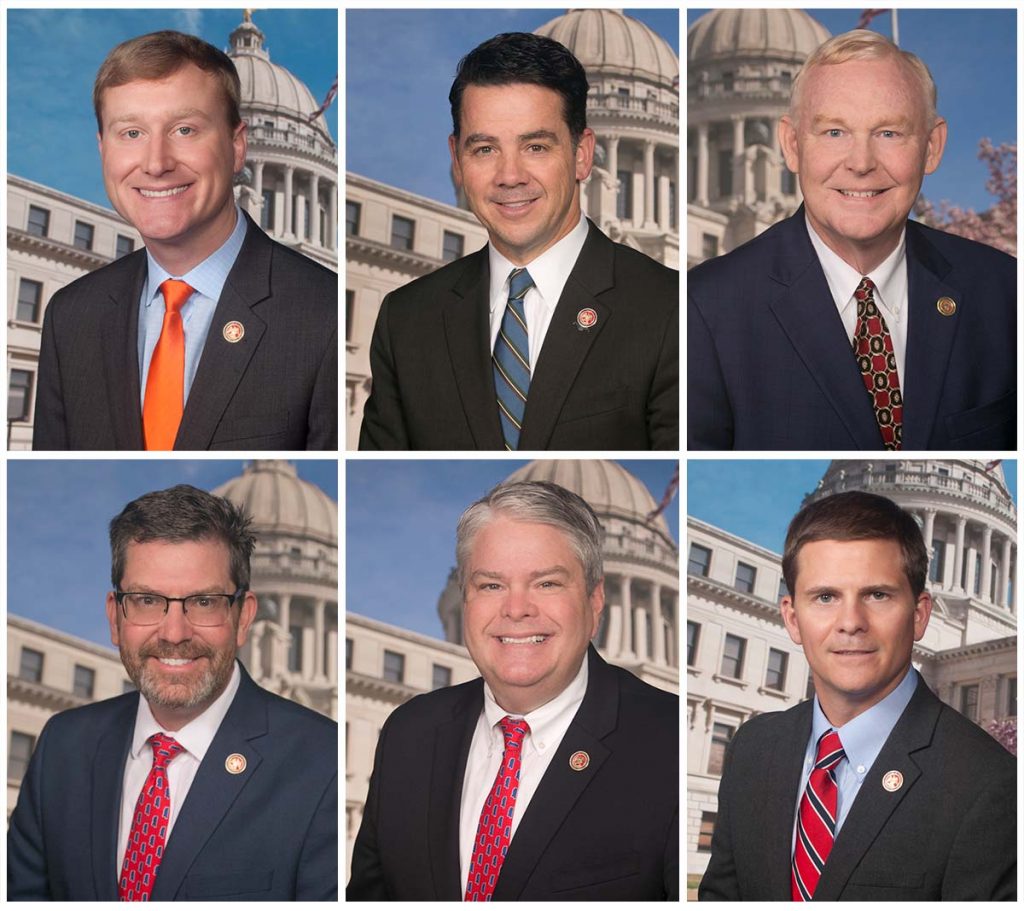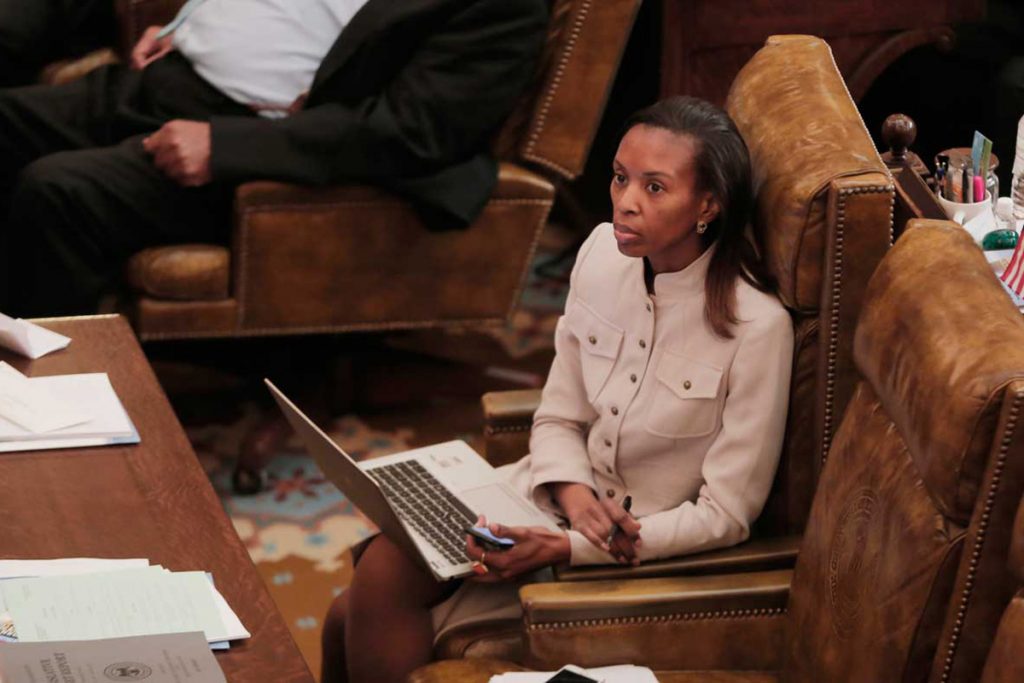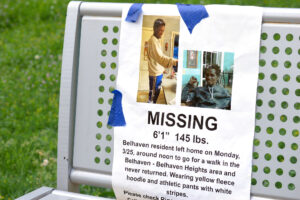Mississippi women could soon have the same protections against pay discrimination as women in 49 other states after the Mississippi House of Representatives voted to adopt a bill that guarantees equal pay for equal work regardless of sex. The Mississippi Equal Pay For Equal Work Act passed with support from 114 Republican, Democratic and independent lawmakers. Six Republican men voted no. It must still earn approval in the state senate.
“The State of Mississippi is the last state in the nation to have a state cause of action for equal pay,” Rep. Angela Cockerham, I-Magnolia, the bill’s author, said as she introduced it Thursday. Alabama became the 49th state to adopt an equal-pay law in 2019.
The bill states that “no employers shall pay an employee a wage at a rate less than the rate at which an employee of the opposite sex in the same establishment is paid for equal work on a job, the performance of which requires equal skill, effort and responsibility, and which is performed under similar working conditions.” The bill defines “employer” to include private employers who “employ five or more employees” as well as “the state or any of its political subdivisions.” An employee must work 40 hours or more to qualify for protection.
The legislation allows workers who claim they have been discriminated against to bring a private civil suit in the county circuit court where the alleged violation took place. Under the legislation, an employee who could demonstrate an employer discriminated against them on the basis of sex could recover attorney’s fees, prejudgment interests, backpay, liquidated damages and 100% of the difference in unpaid wages.
The bill prohibits employers from retaliating against employees who make an equal-pay claim. Cockerham said the bill does not allow an employer to, for example, lower a male employee’s wage in response to a woman’s claim that she was paid less.
“They have to raise the woman up,” she explained.
Rep. Dana Criswell, R-Olive Branch, pointed out that there is already a federal equal-pay law, while conceding that a state law like those in the rest of the country can make it easier for an employee to bring a claim. But he voiced doubts about the law’s necessity.
“Do we have any kind of estimates of how many women that will affect?” he asked Cockerham.
“No, I don’t,” she replied. “But gentleman, if it’s one woman, it’s one too many.”
She asked the men in the room to consider the women in their lives.
“I’m not sure how many men here have daughters. And I know this because my daddy loves himself some Angela, but I know for the men in here, if there’s anybody you care about, it’s your mother and it’s your daughter. I mean, you care about your wife, but you’re definitely going to love your mother and your daughter,” Cockerham said, drawing laughs from the chamber.
“So if your daughter comes home, and you’ve invested all this time in her from the moment she was born, and she came home and said, ‘Dad, look, we’ve gone to state, we’ve gone to USM, and I’ve got all this training, but this person two rows down the office from me is making this amount and I’m making this amount,’ I can only imagine how you would feel. But think about it on the flipside when a woman is actually incurring this and going through this. That’s why I said if it’s one woman, it’s one too many.”

Criswell said he understood, but remained unmoved.
“I guess what I fear is I don’t like passing laws just for the sake of passing laws, and if we don’t even know how many women have had this issue and tried to go to federal court, it seems to me we’re passing a law that we don’t even know is going to help,” he said. “… I’m just concerned we’re passing a law because it feels good.”
Criswell voted no along with Reps. Joel Bomgar, R-Madison; Chris Brown, R-Nettleton; Dan Eubanks, R-Walls; Steve Hopkins, R-Southaven; and Brady Williamson, R-Oxford. Among those not voting were Reps. Stephen A. Horne, R-Meridian, and Rep. Robin Robinson, R-Laurel.










